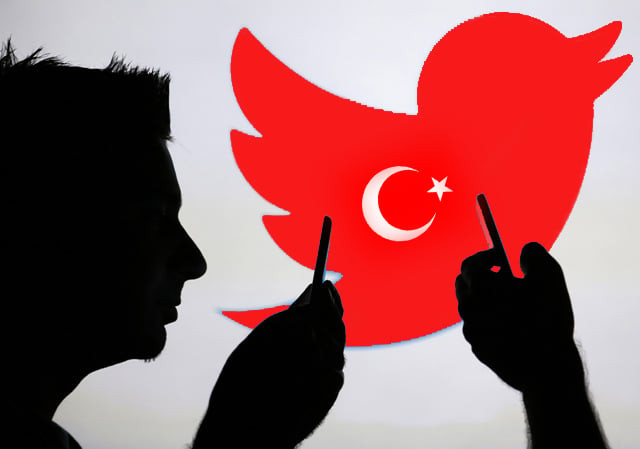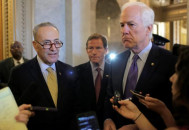Turkish Twitter ban
Free speech always finds a way of being heard, whether governments like it or not.

Until a day ago, the ban was widely circumvented by Turkish Twitterers, but on March 22, the government blocked Twitter access at the IP level. PHOTO: REUTERS/FILE

The Turkish prime minister’s claim in the same speech that Turkey “is not a banana republic” loses credence when his government acts like one. That the postings to Twitter were a considerable embarrassment to the Turkish prime minister and his family members is undoubted, but the threat they represent is only to him and his party, not to the security of the state as a whole. It should be noted that even Turkey’s President, Abdullah Gul, has spoken against the ban. Until a day ago, the ban was widely circumvented by Turkish Twitterers, but on March 22, the government blocked Twitter access at the IP level. The block had operated via a DNS block which re-routed users to another page, but users merely changed their DNS numbers and graffiti appeared all over the country advertising the numbers that still allowed access to Twitter. It can still be accessed using a proxy or by using the SMS service offered by phone companies. Turkish Twitterers were still managing 1.2 million tweets a day despite the efforts to block them. Echoes of our own government ban on YouTube resonate all around, particularly in the resistance to it by our netizens. Free speech always finds a way of being heard, whether governments like it or not.
Published in The Express Tribune, March 25th, 2014.
Like Opinion & Editorial on Facebook, follow @ETOpEd on Twitter to receive all updates on all our daily pieces.



















COMMENTS
Comments are moderated and generally will be posted if they are on-topic and not abusive.
For more information, please see our Comments FAQ